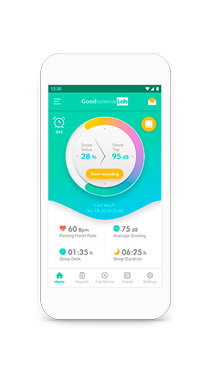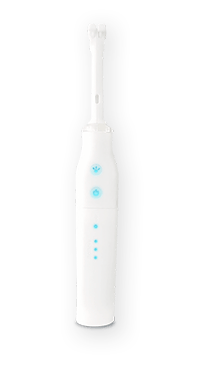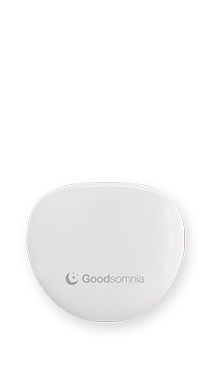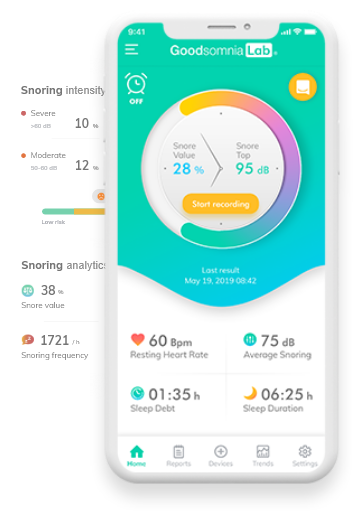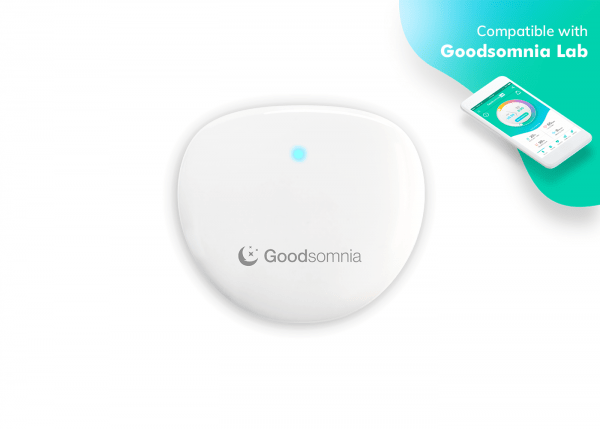When was the last time you had a really good sleep? A week ago? Two weeks, a month? Scientific research shows that adults need at least 7–9 hours sleep a night. And that sleep should be uninterrupted, or the body won’t really rest and rejuvenate.
A person of any age restores cells and tissues during sleep, a self-healing process to replace energy.
Healthy sleep depends above all on:
- a ventilated room without extraneous noise;
- comfortable clothes and bed;
- sleep time at the same time.
Regardless of age a lack of sleep can lead to increased irritability, headaches, rapid fatigue, nausea, metabolic disorders and changes in blood pressure. Indeed a lack of sleep promotes obesity because of an increased feeling of hunger.
Too much sleep also harms our health and can exacerbate of chronic diseases, disrupt blood circulation and even provoke the development of diabetes mellitus, hypertension, and anemia.
Sleep & Age
Newborns (from day one to three months old)
A baby spends most of their time dreaming, about 14–17 hours a day. If the child feels well, does not act upset, has a normal appetite and has total bowels, there is no reason to worry. Most pediatricians believe that children can even sleep more than this without any harm.
Babies (between 3 and 11 months)
During this period, babies actively explore the world and sleep about 12–15 hours a day. As a rule, the longest sleep is a daytime one. Sleeping during a walk has the benefits of vitamin D and air saturated with oxygen, which helps the baby’s central nervous system development.
Children (one to two years old)
A baby’s sleep rate falls as it grows to about 11 to 14 hours a day. Like before, daytime sleep is mandatory. It’s best to develop sleep regimes at this age and put the child to bed at the same time. Ideally the baby will sleep through the night.
Preschool children (from 3 to 5 years)
Children sleep about 10 to 13 hours at this age and gradually lose the need to sleep during the daytime. You should keep track of the child’s physical and emotional load to avoid sleep disorders and excessive fatigue.
Younger kids (from 6 to 13 years)
Sufficient sleep is about 9–11 hours a night, plus whatever daytime sleep. Night rest plays a vital role in restoring organisms. It is best that the child is asleep before about 9pm to make early waking up easier.
Adolescents (14 to 17 years)
Teens need 8–10 hours and sleep later, around 11pm. It is best to get up early, as sleeping in can lead to impaired concentration and lethargy.
Adults (from 18 to 64 years)
Sufficient rest is 7–9 hours of sleep. A couple of hours of daytime sleep is allowed but keep to a regular sleep schedule. For overall good health, avoid overeating at night and other bad habits. Spending times outdoors during the day will aid healthy sleep.
Elderly (over 65 years)
Insomnia often happens after people reach 65. Moderate physical activity and daily walks before going to bed help sleep in the evening. A daytime sleep can be harmful, as it promotes wakening during the night.
How to control sleep time?
The modern world offers lot of inventions to assess the sleep quality. The most popular are smart mobile applications, so-called sleep trackers. They help to provide not only a healthy sleep but also how to maintain a good mood throughout the day.
Such applications allow:
- a process of falling asleep via pleasant music, which will automatically turn off at the right time;
- assessing the quality of sleep (monitoring the phases of fast and slow sleep);
- setting a smart alarm clock that will wake you up at the best time (in the fast sleep phase);
- identifying a lack of sleep or excess sleep;
- identifying, recording and analyzing sounds of snoring;
- measuring parameters of day and night activity.
A normal amount of sleep will increase your productivity, decrease stress and improve well-being. And if you stick to a healthy lifestyle, then your sleep will be also healthier!

